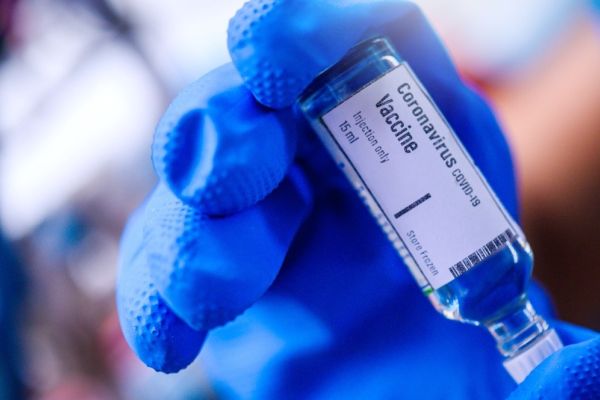Fair and equitable access to COVID-19 treatments and vaccines
Policy Briefing
Published 29/05/2020
Sharing the benefits of research: facilitating fair and equitable access to COVID-19 treatments and vaccines
This webinar took place on Friday 5 June 2020.
Chair:
- Hugh Whittall, Director, Nuffield Council on Bioethics
Speakers:
- Achal Prabhala, Fellow at the Shuttleworth Foundation and Coordinator of the AccessIBSA project, which campaigns for access to medicines in India, Brazil, and South Africa.
- Ellen ‘t Hoen, Director of Medicines Law & Policy, founder of the Medicines Patent Pool, and a lawyer and public health advocate with over 30 years of experience working on pharmaceutical and intellectual property policies.
- Dr Stefan Swartling Peterson, Chief of Health and Associate Director, Programme Division, at UNICEF.
- Dr Sheuli Porkess, Executive Director, Research, Medical and Innovation at the Association of the British Pharmaceutical Industry, and experienced Medical Affairs Physician.
A global research effort is underway to develop effective treatments and vaccines for COVID-19. With hundreds of research projects and trials in development worldwide, the race is on to find a safe and effective vaccine to end the pandemic and enable a revival of social and economic activity.
The COVID-19 pandemic has already disproportionately affected disadvantaged populations, both within and between countries. Without ethical leadership and changes to current systems, the effects will widen inequality, hitting disadvantaged populations and low-income countries hardest.
On Friday 29 May the Nuffield Council on Bioethics published a rapid policy briefing highlighting some of the most pressing challenges for policy makers, regulatory bodies, industry, and research institutions to consider to ensure that vaccines and treatments are developed in ways that will make them accessible to all who need them.
Join us for a discussion on the key factors to be considered in informing an ethical response to the challenges that lay ahead in ensuring fair and equitable access, including:
- Research prioritisation and funding
- The distribution of the burden and benefits of research efforts between high and low-income countries
- Prevailing structural and health inequalities which will further limit access
- Public trust and engagement with the development and roll-out of any treatment or vaccine.

Share